Please be advised that the following article contains outdated racial representations and views some readers may find distressing. Only joking! Yet that always seems to be the unspoken line running through modern academia’s head whenever the subject of Winston Churchill is raised.
This year sees the 150th anniversary of Churchill’s birth; it will also see cohorts of academics jostling to tell us just how horrifically racist, imperialist, sexist and probably transphobic he was. As though that could be a surprise. Yet what might genuinely surprise many now is to learn that in certain respects, Churchill was in the vanguard of the woke movement. He was a progressive pioneer.
And yes, that goes for his trans credentials too. In 1920, during the course of a midnight champagne-fueled conversation with his sculptor cousin Clare Sheridan, Churchill declared: “In my next incarnation, I intend to be a woman.” He went on to elaborate: “I mean to be an artist, I shall be free and I shall have children.” He was at that moment wearing a (non-binary) silk Jaeger dressing gown. (In matters of clothing, he was always in touch with his metrosexual side: the codebreaker Sarah Baring recalled seeing Churchill moving through the Admiralty in the small hours swathed in a vast, shimmering, richly patterned oriental dressing gown.)
Churchill was also ahead of the game on today’s vexed “work/life balance” argument. Talking to his doctor in the early 1950s, he averred that any satisfactory resolution of the Cold War might happily lead to huge rises in global production, which in turn would mean “people could have what they needed more than anything else — leisure… They could work hard for four days and have the other three to enjoy themselves.”
All right: what, then, of his sexism? Surely the politician who initially opposed the vote for women was a roaring misogynist? Yet Churchill gave the impression of being quite the opposite: unlike many men of his generation — who harrumphingly referred to “the fair sex” but could not actually look them socially in the eye — Churchill enjoyed intellectually sparky friendships with many women. He had an intriguing association with Jennie Lee, best remembered for the creation of the Open University but who was in the late 1920s a young firebrand Labour MP who had poured parliamentary brimstone on his head when he was chancellor. “I directed my attack mainly against his budget proposals,” Lee wrote in her memoirs. “Later in the day… he congratulated me on my speech. He assured me that we both wanted the same thing, only we had different notions of how to get it. The richer the rich became, the more able they would be to help the poor. That was his theme and he said he would send me a book that would explain everything to me. The book duly arrived. It was The American Omen by Garet Garrett, a right-wing economist who was despised by most of us for his extreme views.”
Churchill was very at ease in the company of gay men at a time when homosexual acts were illegal
The gift was in some ways a funny and clever tease: by making Lee levitate with indignation, Churchill was acknowledging the strength of her intellectual opposition. They were still locking civilized horns in the tearooms in the 1950s.
Churchill was also very at ease in the company of gay men, at a time when homosexual acts were illegal. In 1917, he was introduced to the composer Ivor Novello. In a story attributed to Churchill’s gay friend, the novelist W. Somerset Maugham, this association led to a startling outbreak of experimentation between Churchill and Novello. Churchill was later asked how he had found it. “Musical,” he was said to have replied.
Eddie Marsh was another friend — a civil servant, art collector and the fountainhead of the “Georgian poets,” including Rupert Brooke. There was no ambiguity about Marsh’s orientation and, at a time when other politicians might have fretted about scandal, Churchill was unbothered. So the well-worn anecdote about his hearing of an MP caught in flagrante with a guardsman in St. James’s Park — “On the coldest night of the year? Makes you proud to be British!” — has some interesting context.
Yes, yes, you are thinking: but what about the racism? True, Churchill had grim views that caused distress even then: his old friend Leo Amery was horrified by his description of Indians as “a beastly people with a beastly religion.” Churchill was not merely a child of Empire: he was bathed in nostalgia for its golden sunsets. There was also some evidence in the 1950s, by his second term as PM, that he was interested in politically exploiting tensions over immigration.
But travel back to 1904 and we see a different Churchill: a young man who objected violently to the first government bill to restrict immigration. In a leaflet, he wrote: “It does not appear… that there can be urgent or sufficient reasons, racial or social, for departing from the old tolerant and generous practice of free entry and asylum to which this country has so long adhered.”
But surely, the activists cry, nothing could change the view that Churchill was a blood- soaked warmonger? Yet during the 1959 general election campaign — his valedictory run for his Woodford seat — he made a heart- felt speech about the hydrogen bomb that would have drawn thoughtful looks from pacifists. “Western defense has been based upon the deterrent power of the nuclear bomb. Since no complete defense against the bomb has yet been found, any aggressor knows he would have to reckon upon retribution — swift, certain and annihilating. From out of this deadlock there are no shortcuts. The only solution is disarmament… freely accepted by all nations and guaranteed by effective international control.”
When you live a life as full and as long and as intense as Churchill did — born in the autumn of Victoria’s reign in 1874 and making it through to the Rolling Stones’ fresh popularity in 1965 — even the most passionate beliefs evolve and adapt down the corridors of time. Conversely, it is folly to try to stick current ideological labels on him: in years to come, they will all peel off.
This article was originally published in The Spectator’s UK magazine. Subscribe to the World edition here.



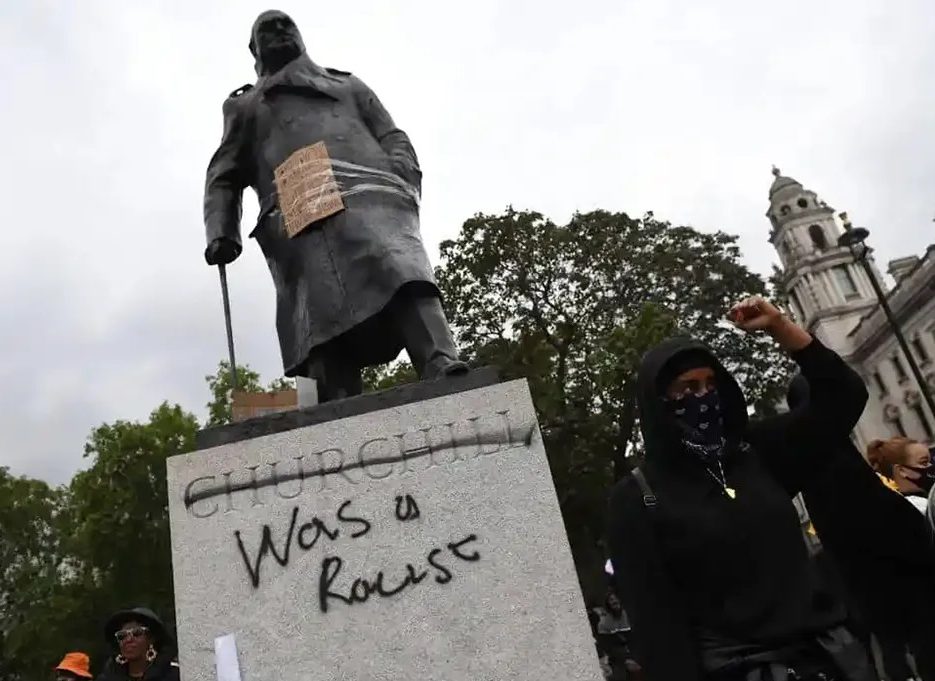







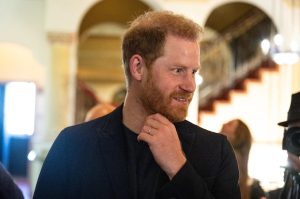

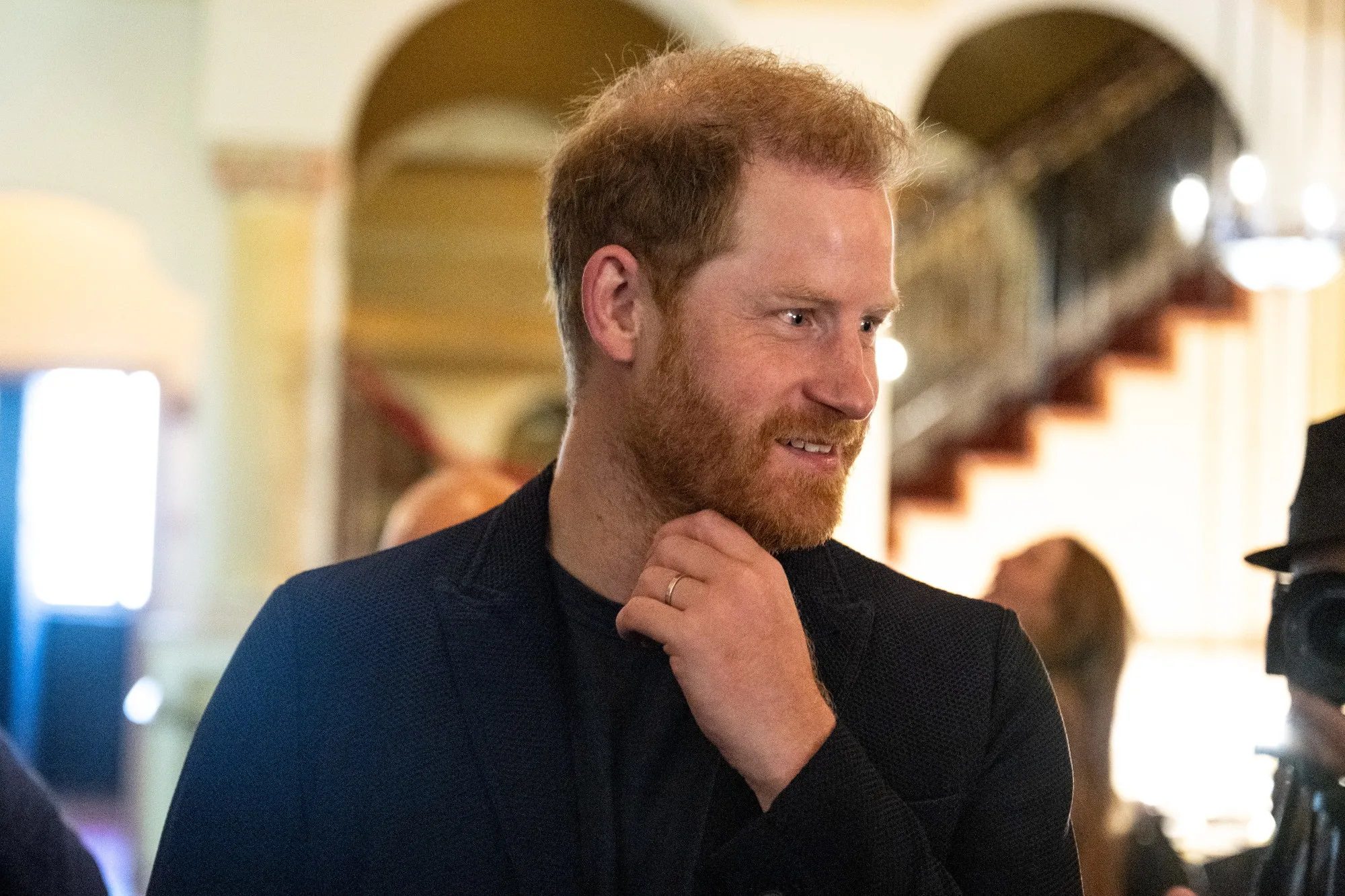
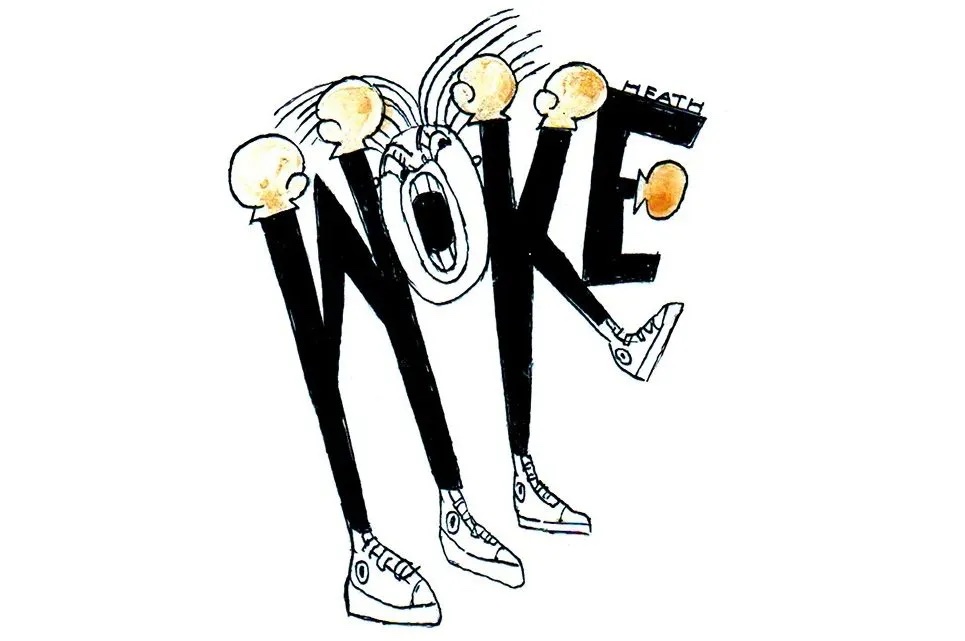


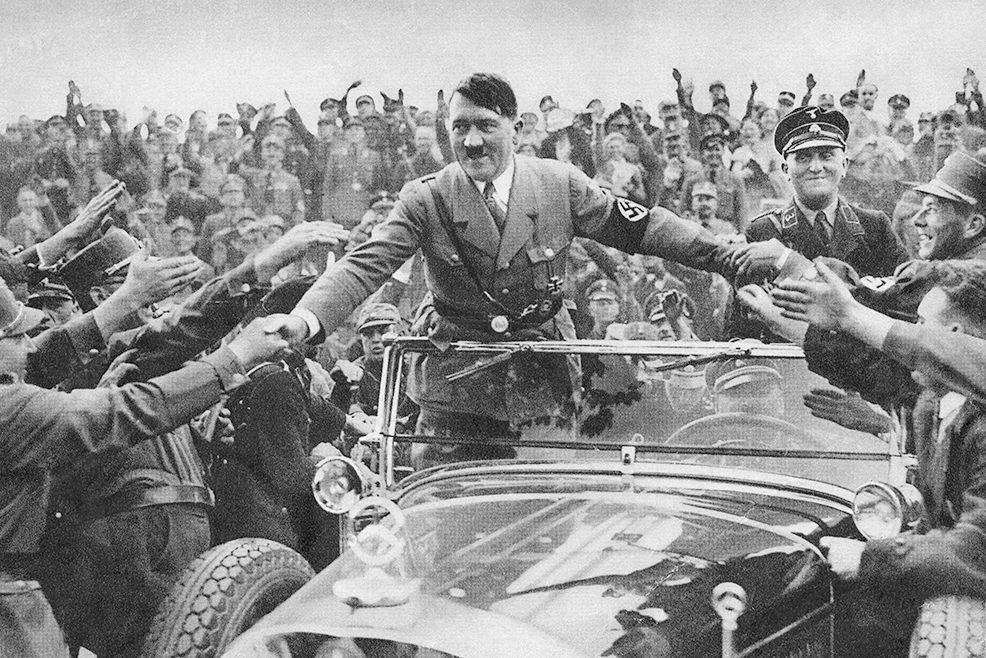








Leave a Reply